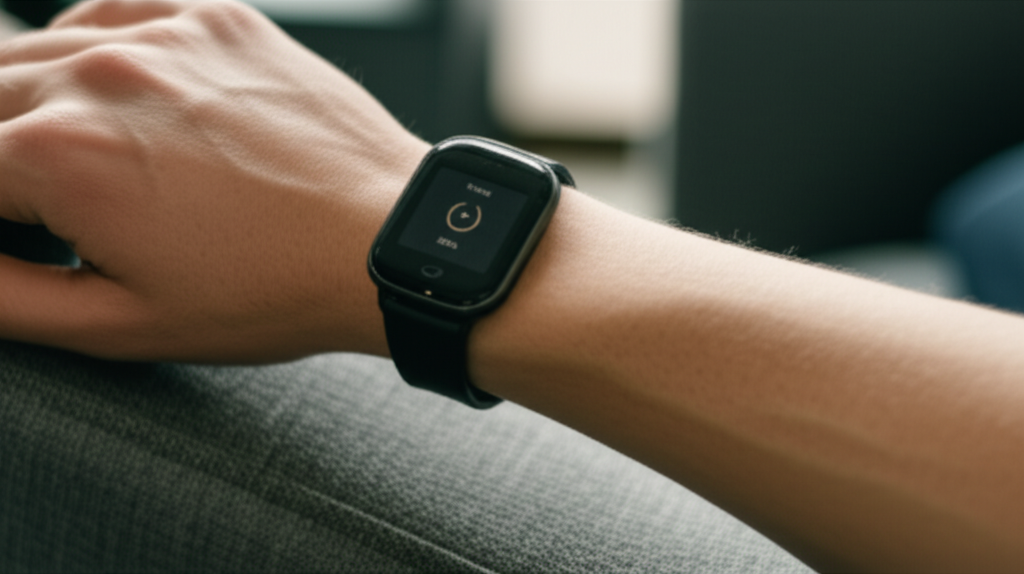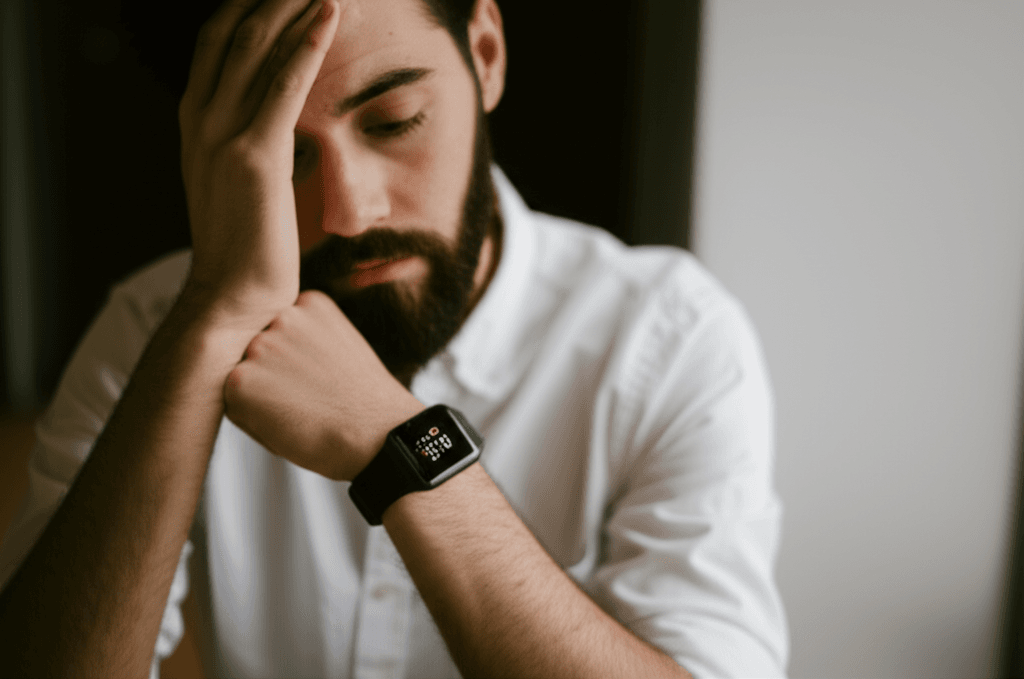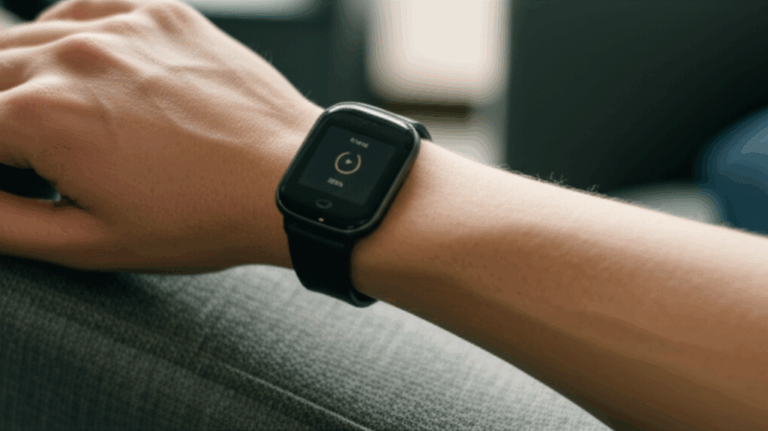Fitness trackers, designed to empower and motivate, can paradoxically become sources of shame, guilt, and anxiety for many users. What begins as a quest for better health can morph into an unhealthy obsession with data, leading to negative psychological impacts rather than improved well-being. This phenomenon is drawing increasing attention from researchers and mental health professionals who highlight the potential pitfalls of constant self-monitoring and rigid goal-setting.

The Double-Edged Sword of Data and Metrics
These pervasive devices, from smartwatches to rings, offer a wealth of personal health data, tracking everything from steps and calories to heart rate variability and sleep quality. While this insight can be invaluable for promoting healthy habits and personal progress, the constant stream of metrics can also foster an unhealthy fixation on numbers. When users fall short of their daily targets or see negative trends, it can trigger feelings of guilt, self-doubt, and failure, sometimes escalating into more serious mental health issues.
The Pressure to Perform and Achieve
Many fitness trackers are built with features like daily targets, streaks, and gamification to encourage engagement. However, this can create immense internal pressure. A study by Blackstone and Herrmann (2020) found that 70% of university students reported engaging in compensatory behaviors to reach step goals, and 50% did so for caloric goals. This pressure can extend to feeling like exercise “didn’t count” if the device wasn’t worn, or even lead to increased exercise the next day coupled with decreased food intake to compensate for missed targets. The pursuit of data-driven perfection often comes at the expense of rest and recovery, which are essential for both physical and mental health.
Social Comparison and Validation Seeking
Many fitness trackers integrate with social sharing platforms, allowing users to compare their statistics with friends and family. While this can be a motivator for some, research suggests it can also foster unhealthy comparisons and self-criticism, leading to lower self-esteem and discouragement. The desire for “credit” for workouts, even leading to obsessive checking or pausing activities if a device dies, highlights a psychological dependency on external validation rather than intrinsic enjoyment of exercise.

Psychological Impacts of Constant Tracking
The continuous monitoring and pressure to meet arbitrary digital goals can have several detrimental effects on mental health.
Anxiety and Obsessive Behaviors
Psychologists and therapists report a rise in anxiety, compulsive behaviors, and depressive symptoms linked to fitness tracker use. Users may become overly focused on their data, constantly checking their trackers, adjusting routines to hit specific numbers, or feeling guilty for not reaching goals. This can disrupt daily life and even harm relationships. For individuals already at risk, such as those with anxiety disorders, depression, or a history of disordered eating, these devices can be especially problematic.
Negative Body Image and Disordered Eating
Research has linked calorie and fitness tracking devices to characteristics synonymous with eating disorders. The constant tracking of calories burned and food consumed can fuel obsessive behaviors and lead to feelings of guilt and inadequacy. A study analyzing social media posts found users felt “shame” when logging unhealthy foods and disappointment when unable to meet goals. This can contribute to a toxic wellness culture where self-worth becomes tied to numbers on a screen, rather than celebrating overall progress and well-being.
Loss of Intrinsic Motivation and Self-Awareness
Over-reliance on fitness trackers can diminish the inherent enjoyment of physical activity. Some studies suggest that individuals who use trackers for extended periods may report decreased enjoyment in exercise and be more likely to abandon it when not using the devices. Furthermore, focusing solely on metrics can lead to decreased self-awareness, as users prioritize device-specified goals over listening to their own bodies’ signals of fatigue or pain, potentially increasing the risk of injury.

Moving Towards a More Holistic Approach
Given these concerns, experts advocate for a more balanced and holistic approach to health and fitness, moving away from rigid, algorithm-generated targets.
Prioritizing Overall Well-being
Researchers suggest that fitness apps and trackers should prioritize overall well-being and intrinsic motivation—the inherent enjoyment or satisfaction in activities—rather than narrow measures of success like weight loss or step counts. This involves shifting the focus from external validation to internal feelings of health and satisfaction.
Mindful Use and Periodic Breaks
Mental health professionals recommend taking periodic breaks from trackers and related social media apps to relearn how to listen to the body’s natural signals. Even short breaks, like leaving the tracker behind one day a week, can help reset unhealthy behavioral patterns. Understanding the limitations of tracker accuracy, especially regarding calorie burn and sleep stages, is also important.
Seeking Professional Guidance
For individuals who find themselves experiencing anxiety, obsessive behaviors, or a negative relationship with exercise due to fitness trackers, seeking advice from behavioral health experts, sports psychologists, or therapists is crucial. These professionals can help individuals develop a healthier relationship with technology and their bodies.
While fitness trackers can be powerful tools for some, their widespread use has unveiled a darker side where the pursuit of health can inadvertently lead to feelings of shame and undermine psychological well-being. By adopting a more mindful and holistic perspective, users can reclaim their fitness journeys from the tyranny of numbers and focus on what truly makes them feel good, both internally and externally.







